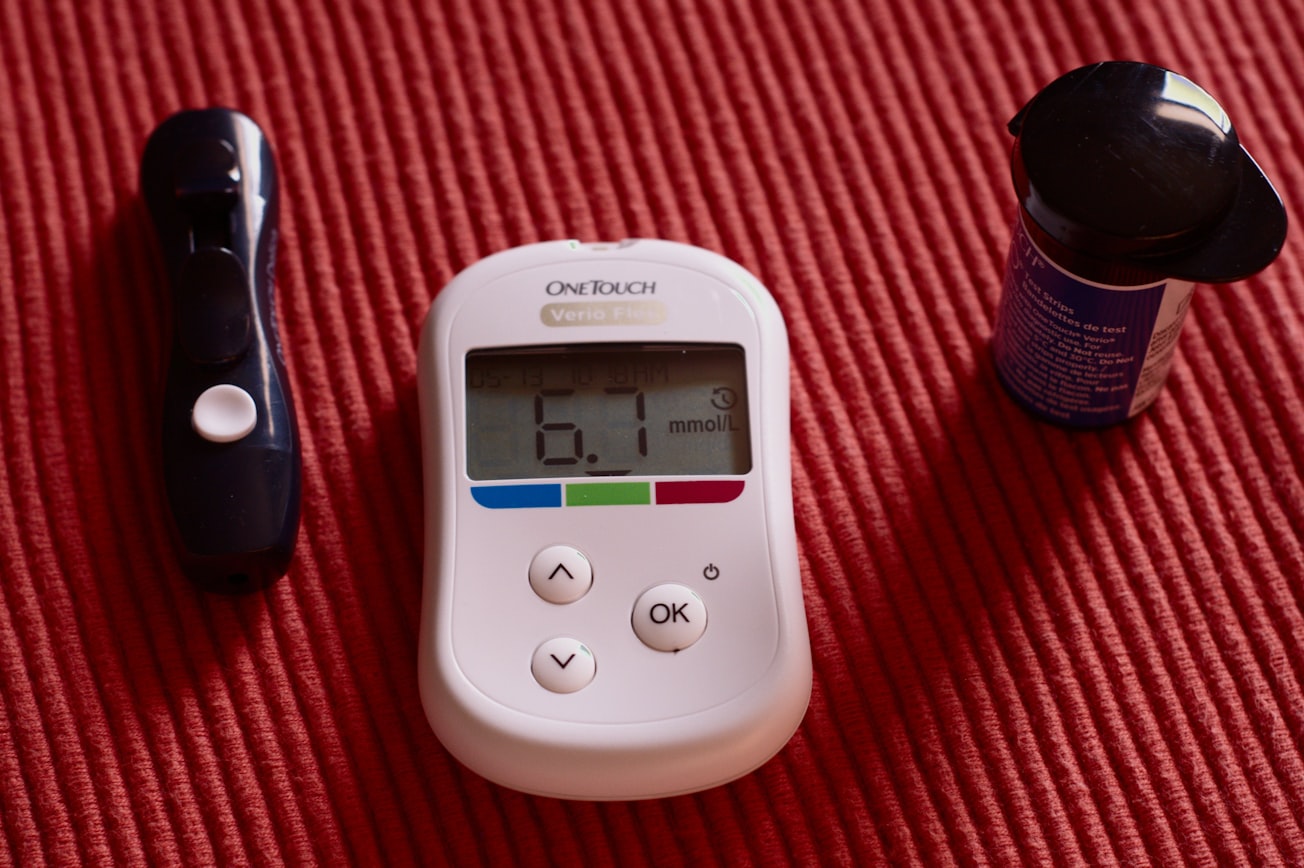What is it about?
P2X7R is upregulated on CD8+ effector T cells in T1D patients in comparison to healthy controls which is mainly triggered by eATP release by the islet in response to hyperglycemia/inflammation. pharmacological blockage with P2X7 inhibitors or with the novel sP2X7R recombinant protein abrogates the autoimmune response associated with CD8+ T cells and could represent a novel promising therapeutic tool for T1D.
Featured Image

Photo by Kate on Unsplash
Why is it important?
- In newly diagnosed T1D patients, P2X7R is upregulated on CD8+ effector T cells as compared to healthy controls, while a P2X7R loss-of-function mutation is protective vs. T1D; - eATP is highly released by human/murine islets in vitro in high-glucose/inflammatory conditions; - eATP upregulates P2X7R on CD8+ cells in vitro, while P2X7R blockade with oATP reduces the CD8+ cell-mediated autoimmune response in vitro and delays diabetes onset in NOD mice; - CD8+ autoreactive T cell activation appears highly dependent on eATP/P2X7R-mediated priming, and our novel generated sP2X7R recombinant protein reduces the CD8+ cell-related autoimmune response - eATP/P2X7R signaling facilitates the onset of autoimmune diabetes by fueling autoreactive CD8+ cells, and its targeting may prevent T1D
Perspectives
eATP/P2X7R signaling facilitates the onset of autoimmune diabetes by fueling autoreactive CD8+ cells and the the novel recombinant protein sP2X7R that we generated, reduced CD8+ T cell activity and autoimmune responses and thus may represent a novel therapeutic tool for the prevention of T1D.
Paolo Fiorina
Children's Hospital Boston
Read the Original
This page is a summary of: Islet-Derived eATP Fuels Autoreactive CD8+ T Cells and Facilitates the Onset of Type 1 Diabetes, Diabetes, July 2018, American Diabetes Association,
DOI: 10.2337/db17-1227.
You can read the full text:
Resources
Contributors
The following have contributed to this page







